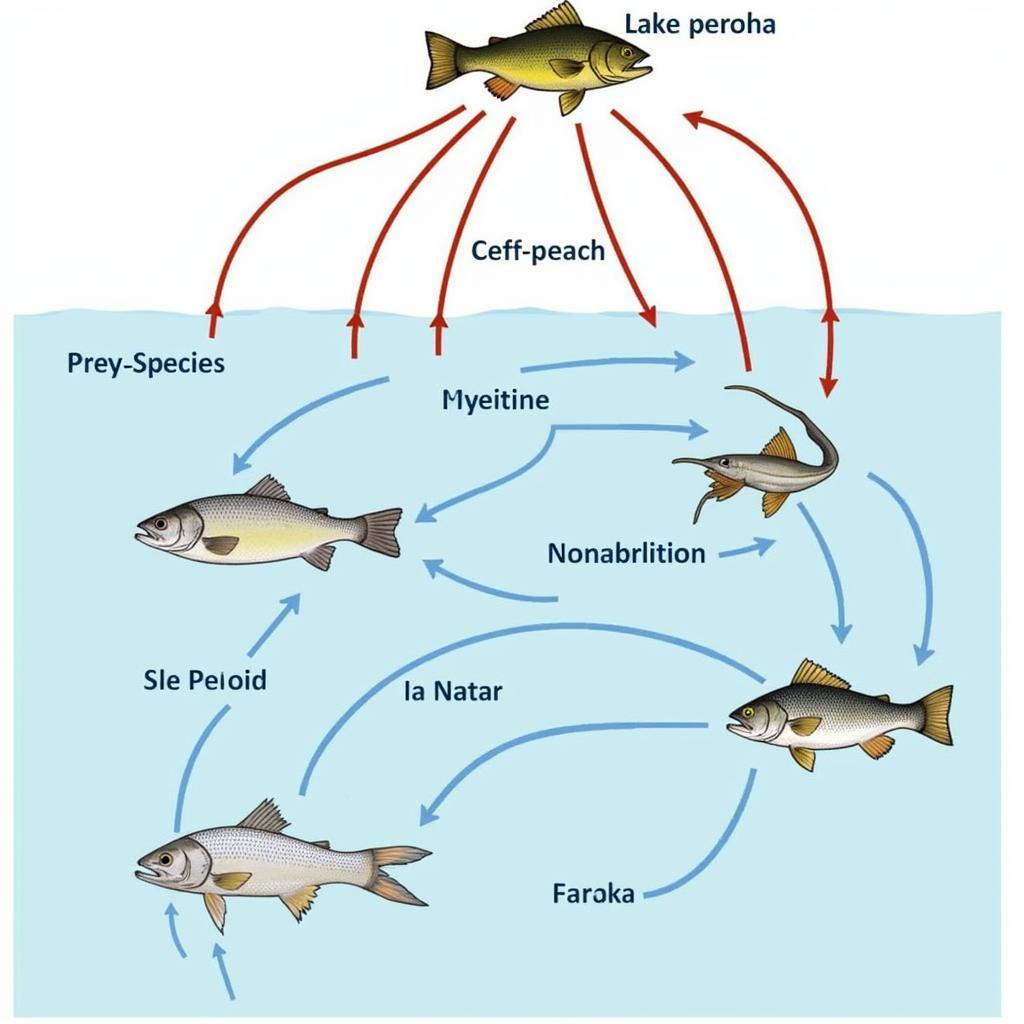West African Crocodile: King of the Rivers
The West African Crocodile, scientifically known as Crocodylus suchus, is a formidable predator found in West and Central Africa. Often mistaken for its close relative, the Nile crocodile, this species plays a crucial role in its ecosystem. Let’s delve into the fascinating world of the West African crocodile, exploring its habitat, behavior, cultural significance, and conservation status.
The West African Crocodile: A Distinct Species
For many years, the West African crocodile was considered a sub-species of the Nile crocodile. However, recent genetic studies have revealed distinct differences, leading to its reclassification as a separate species. Physically, West African crocodiles are generally smaller than Nile crocodiles, with a broader snout and a darker coloration.
These crocodiles inhabit a range of freshwater habitats, including rivers, lakes, and swamps, from Senegal to Cameroon and as far east as Chad and the Central African Republic. Interestingly, they have even adapted to arid regions, utilizing underground caves and burrows during the dry season.
A Master Predator with a Varied Diet
As apex predators, West African crocodiles play a vital role in maintaining the balance of their ecosystems. Their diet consists mainly of fish, but they are opportunistic hunters, preying on anything they can overpower, including birds, mammals, and reptiles.
Their hunting strategy involves stealth and patience. They lie in wait, often submerged in water, with only their eyes and nostrils exposed. When an unsuspecting prey comes within range, the crocodile launches a surprise attack, using its powerful jaws and sharp teeth to secure its meal.
Cultural Significance and Beliefs
In many West African cultures, the crocodile holds a significant place in mythology, folklore, and beliefs. Often seen as a symbol of power, strength, and fertility, it is associated with both fear and reverence.
Traditional stories often depict crocodiles as guardians of sacred waters or intermediaries between the human and spirit worlds. In some communities, rituals and ceremonies involving crocodiles are performed to ensure good fortune, seek protection, or appease ancestral spirits.
Threats and Conservation Efforts
Sadly, West African crocodile populations are facing increasing threats, primarily due to habitat loss and degradation caused by human activities. Deforestation, agriculture, and urbanization are encroaching on their natural habitats, leading to a decline in suitable breeding and foraging grounds.
Furthermore, illegal hunting for their skin and meat, as well as accidental capture in fishing gear, further exacerbate the pressure on their populations. Recognizing these threats, several conservation organizations are working to protect the West African crocodile and its habitat.
These efforts involve raising awareness about the species, promoting sustainable fishing practices, and establishing protected areas to safeguard their remaining populations. Collaborative initiatives with local communities are also crucial to ensure the long-term survival of these magnificent creatures.
Conclusion
The West African crocodile, with its impressive adaptations, unique characteristics, and cultural significance, is a testament to the biodiversity of the African continent. Understanding its role in the ecosystem, respecting its cultural importance, and actively participating in conservation efforts are essential steps towards ensuring a future where these ancient predators continue to thrive in their natural habitats.
